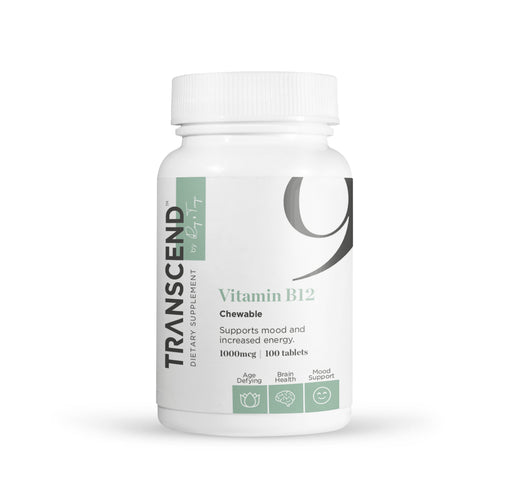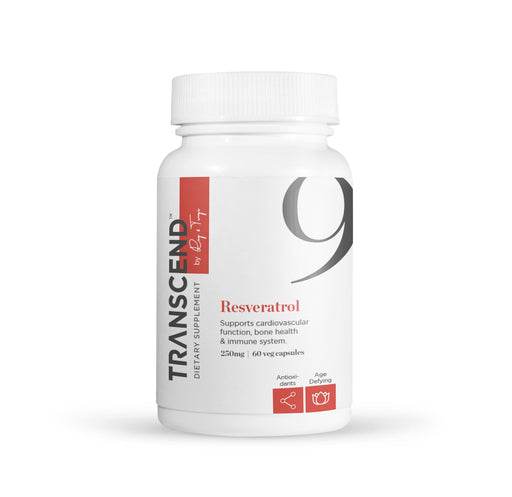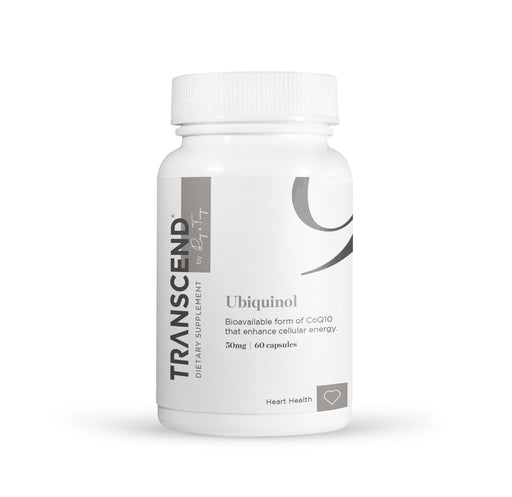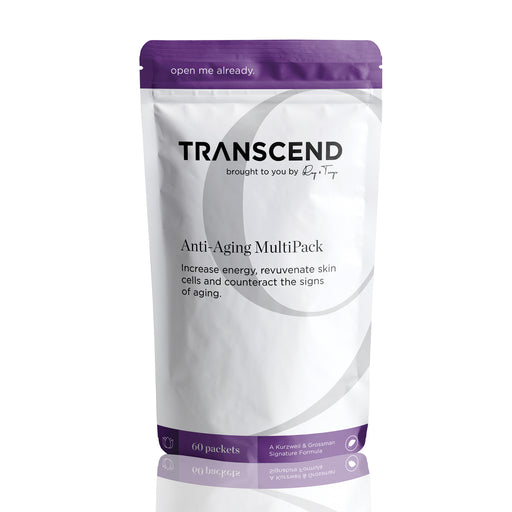
Vitamin B-12, Sublingual
Increased energy Improve mood Fight fatigue Common deficiency Better absorption Vitamin B12 (also called cobalamin) is one of eight water-solu...
View full details
For those of us approaching or past 60, changing vision is just part of the package. In general, our aging bodies become less flexible with time, and our eyes are no exception. If you're experiencing age-related changes to your vision, there are steps you can take today to maintain healthy vision and protect your eyes.
Presbyopia, Dry Eyes, and More
After 40, the lens within the eye loses the ability to change shape, which makes it more difficult for us to focus on objects close up. This change, known as presbyopia, can be dealt with in the short term by holding reading material farther away from your eyes—but before you're holding the paper at arm's length, you'll likely want to switch to reading glasses.
You may also find it increasingly difficult to read in low light as the years go by, as the muscles that control our pupil size and reaction to light become weaker with time. This change means our pupils become smaller and less able to adapt to changes in ambient lighting.
If you've noticed your eyes feeling drier, this is also par for the course. Our bodies produce fewer tears as we age, and you may find using artificial tears throughout the day can alleviate some of the discomfort. Women post-menopause are particularly susceptible to experiencing dry eyes.
Glaucoma, Cataracts, and AMD
Of course, there are more serious eye conditions that come with aging as well.
Your risk of developing glaucoma, a severe eye condition that can cause blindness, increases with every decade after the age of 40. The most common type of glaucoma has no early warning signs, and by the time you notice vision loss, it's already too late. The only way to protect yourself from glaucoma is with regular, comprehensive eye exams from an optometrist or ophthalmologist near you.
Cataracts are considered a disease, but they're also quite common among seniors since they often develop as aging changes the eye tissue. Cataracts form in the lens of the eye, clouding the images that appear on the retina. Symptoms include cloudy vision, difficulty seeing at night, and increased sensitivity to light.
Age-related macular degeneration, or AMD, is a deterioration of the central area of the retina known as the macula. The macula controls visual acuity, determining our ability to do any visual task that requires specific, detailed vision. It's the leading cause of vision loss among older Americans, with 17.8 million expected cases by the year 2050. AMD, though scary, is also one of the eye conditions with the most compelling evidence for treatment with vitamin supplementation.
Take Action For Better Eye Health
Though these changes are the result of a variety of factors, some of which are unavoidable or require medical intervention, there are steps you can take now to ensure better eye health.
Studies have shown that many key nutrients can help support or maintain your eye health, including vitamin C, vitamin E, beta-carotene, phytonutrients, and zinc.
Vitamin C is required to make collagen, a protein that helps provide structure to your eye, while vitamin E can help protect your eyes from damage caused by free radicals. Some studies suggest that a diet high in vitamins C and E may even help prevent cataracts.
The Age-Related Eye Disease Studies (AREDS and AREDS2) conducted by the National Eye Institute recommend supplements containing vitamins C and E, lutein, zeaxanthin, zinc, and copper to help reduce the risk of age-related macular degeneration and cataracts.
A recent study appears to show that a popular eye drop containing N-alpha-acetyl carnosine (NAC) may reduce, reverse, or slow the development of cataracts. There's not yet substantial research-based evidence to prove its efficacy, but we remain curious about the potential of the science behind these "cataract-dissolving" drops.
TRANSCEND's Total Eye Care is a powerful formulation to protect and nourish your eyes. When combined with our Total Care and EPA/DHA formulations, as recommended, it can help protect the rest of your body as well.
See Your Doctor
If you're interested in learning more about improving your eye health, follow Step 1 of TRANSCEND and talk to your doctor first. Dietary supplements alone cannot make up for the nutritional shortcomings of a poor diet, which is associated with many serious health problems, including vision loss.

Increased energy Improve mood Fight fatigue Common deficiency Better absorption Vitamin B12 (also called cobalamin) is one of eight water-solu...
View full details
Combat internal aging Protect cells from radiation damage Increase antioxidant capacity Take with lecithin for better absorption Optimal dose for...
View full details
2022 update: Future batches of this product will use a Ubiquinol product that is a greenish capsule rather than a red softgel Bioavailable form o...
View full details
A Kurzweil + Grossman Formula Continued Synergy between Science and Convenience Convenient dosage packets Top anti-aging products Increase energy...
View full details
Leave a comment